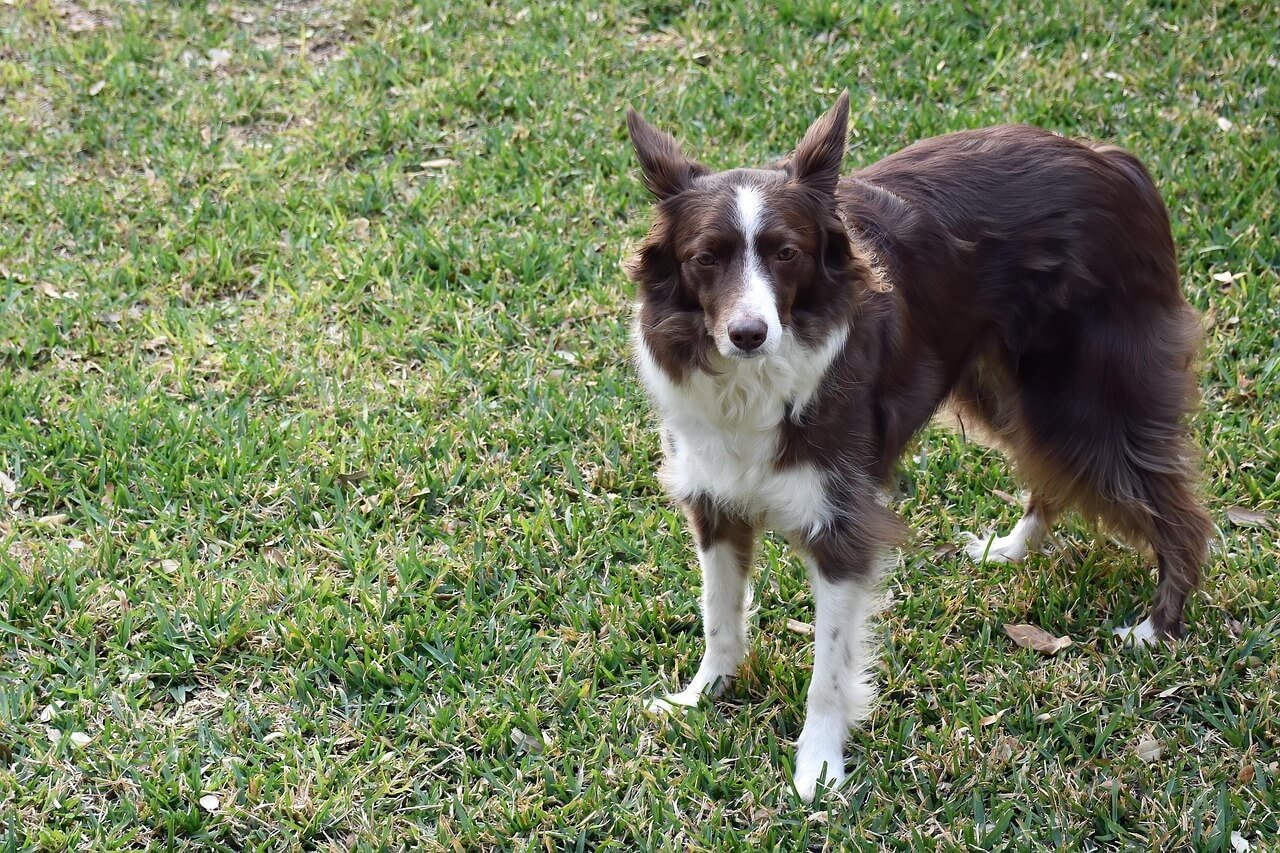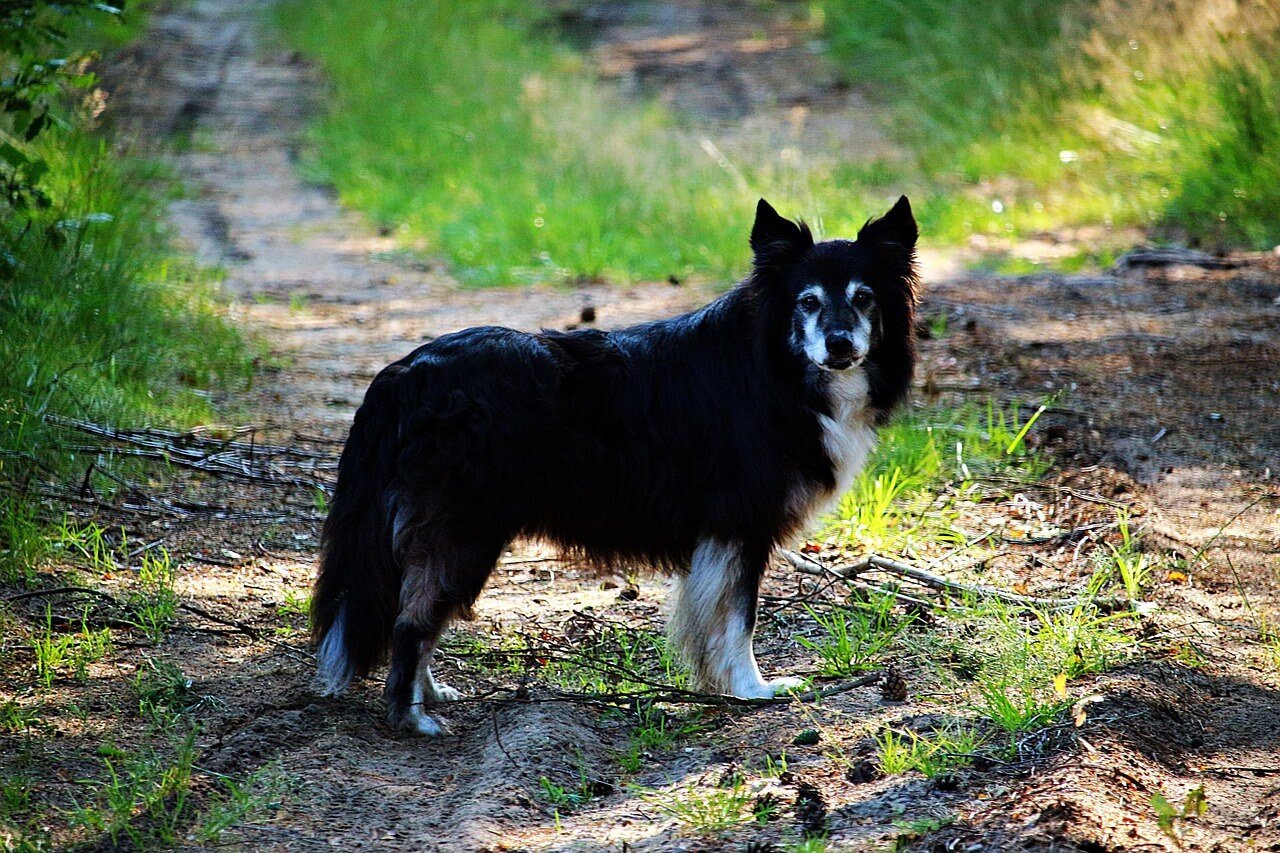Do Dogs Know When They Are Dying? Exploring the Emotional Depth of Our Furry Friends
The bond between humans and dogs is one of the most profound relationships we experience. Dogs are not just pets—they are family members who bring joy, comfort, and unconditional love into our lives. But as much as we cherish them, there are moments when their mortality becomes a poignant reality. Many pet owners wonder: do dogs know when they are dying? While we can’t ask them directly, their behavior during their final days often provides clues about their awareness. In this blog post, we’ll explore the signs, science, and emotional depth behind this question to better understand what our beloved companions may experience at the end of their lives.
Signs That May Suggest Dogs Are Aware of Their Decline
While dogs cannot verbalize their feelings, their actions and behaviors often speak volumes. Observing these subtle changes can help us understand whether dogs have some awareness of their impending passing. Here are some common signs:
Withdrawal from Social Interaction: A dying dog may isolate themselves, seeking quiet spaces away from family members or other pets.
Changes in Appetite: Loss of interest in food or water is a frequent indicator that a dog’s body is shutting down.
Increased Restlessness or Lethargy: Some dogs may pace or seem restless, while others become unusually still and unresponsive.
Seeking Comfort from Owners: Many dogs instinctively seek out their human companions for reassurance and closeness during their final days.
Unusual Calmness or Acceptance: Some dogs display an almost serene demeanor, as if they’ve accepted their fate.
These behaviors suggest that dogs may have an innate understanding of their physical decline, even if they cannot articulate it. Observing these signs can help us provide comfort and support during this difficult time.
Scientific Insights into Canine Awareness of Mortality
While science hasn’t definitively answered whether dogs know they are dying, research offers intriguing insights into their cognitive and emotional capacities. Here’s what experts have discovered:
Advanced Emotional Intelligence: Studies show that dogs possess complex emotions like grief, empathy, and attachment, which could extend to self-awareness in certain situations.
Instinctual Behavior: Dogs rely heavily on instincts, which may guide them to seek solitude or comfort as their bodies weaken.
Sensitivity to Physical Changes: Dogs are highly attuned to their own health and can sense discomfort or pain, signaling that something is wrong.
Bond with Humans: The deep connection between dogs and their owners may influence their behavior during illness, as they seek reassurance and care.
Limited Concept of Time: While dogs may not understand death in the way humans do, they may recognize shifts in their routine or health that signal change.
While the exact nature of their awareness remains unclear, these findings highlight the emotional and instinctual depth of our canine companions.
Check this guide 👉Does My Dog Know When Im Sad? Best 7 Expert Tips!
Check this guide 👉Does My Dog Know Im Sick? Best 7 Expert Tips!
Check this guide 👉Does My Dog Know I Love Him? Best 7 Expert Tips!

Behavioral Signs in Dying Dogs | Possible Interpretations |
|---|---|
Withdrawal from family/pets | Seeking solitude as a natural response |
Loss of appetite | Physical decline affecting energy levels |
Seeking owner’s presence | Desire for comfort and security |
Unusual calmness | Possible acceptance of their condition |
Restlessness or pacing | Discomfort or anxiety about their state |
How to Support Your Dog During Their Final Days
When a dog is nearing the end of their life, providing comfort and compassion is essential. Here are some ways to ensure their remaining time is as peaceful and loving as possible:
Create a Quiet Space: Offer a cozy, calm area where your dog can rest without disturbances or stressors.
Monitor Pain Levels: Work closely with your veterinarian to manage pain through medication or other interventions.
Maintain Routine Touches: Gently petting or brushing your dog can provide reassurance and strengthen your bond.
Offer Small Comforts: Provide soft bedding, favorite toys, or blankets that smell like home to keep them comfortable.
Stay Present: Spend quality time with your dog, speaking softly or simply sitting nearby to offer emotional support.
By focusing on their well-being and emotional needs, you can make their final days as peaceful and loving as possible.
Coping with the Loss of a Beloved Dog
Saying goodbye to a cherished pet is never easy, but preparing emotionally can help you navigate this challenging time. Here are some steps to cope with the loss of your dog:
Acknowledge Your Grief: Allow yourself to feel sadness, guilt, or any other emotions that arise—it’s a testament to the love you shared.
Celebrate Their Life: Reflect on the happy memories and unique qualities that made your dog special.
Seek Support: Talk to friends, family, or online communities who understand the depth of losing a pet.
Create a Tribute: Make a scrapbook, plant a tree, or write a letter to honor your dog’s memory.
Consider Professional Help: If grief becomes overwhelming, counseling or therapy can provide additional support.
Remember, mourning is a natural part of love, and taking care of yourself allows you to heal and honor your dog’s legacy.
Emotional and Practical Steps to Navigate This Difficult Time
Losing a dog is an inevitable part of pet ownership, but preparation can help ease the emotional burden. By addressing both practical and emotional aspects, you can create a plan that honors your dog’s life and supports your grieving process. Here are some steps to consider:
Discuss End-of-Life Decisions in Advance: Talk to your veterinarian about options like hospice care or euthanasia to ensure you’re prepared when the time comes.
Create a Memory Box: Gather mementos like photos, collars, or paw prints to preserve cherished memories of your dog.
Plan for Final Arrangements: Research burial or cremation services ahead of time to avoid making rushed decisions during an emotional moment.
Write Down Your Dog’s Legacy: Document their quirks, favorite activities, and the impact they had on your life to celebrate their uniqueness.
Lean on Loved Ones: Share your feelings with family or friends who understand the depth of your bond with your dog.
By taking these proactive steps, you can navigate the loss of your dog with greater peace and clarity, honoring their memory in meaningful ways.
Understanding What to Look For During Their Final Days
Recognizing the signs that a dog is nearing the end of their life can help you provide the best possible care during this sensitive time. These physical and behavioral changes often indicate that their body is shutting down. Here’s what to watch for:
Decreased Mobility: A dying dog may struggle to stand, walk, or move around due to weakness or pain.
Labored Breathing: Irregular or shallow breathing patterns are common as their body slows down.
Cooling of Extremities: Their paws, ears, or nose may feel cooler to the touch as circulation decreases.
Loss of Bladder or Bowel Control: Incontinence can occur as their muscles weaken and bodily functions decline.
Changes in Mental State: Confusion, disorientation, or unresponsiveness may signal neurological changes.
Being aware of these signs allows you to provide comfort and support, ensuring your dog feels safe and loved during their final moments.
Honoring Their Life in Meaningful and Creative Ways
After losing a dog, finding ways to honor their memory can be a healing and cathartic process. Creating a tribute helps keep their spirit alive while celebrating the joy they brought into your life. Here are some heartfelt ideas:
Plant a Tree or Garden: Dedicate a living memorial by planting something that grows in their honor.
Commission Artwork: Have a portrait or custom illustration made from a favorite photo of your dog.
Donate to Animal Charities: Support organizations that help animals in need, dedicating your contribution to your dog’s memory.
Make a Photo Album or Video Tribute: Compile pictures and videos to relive happy moments and share them with loved ones.
Host a Celebration of Life: Invite friends and family to gather and share stories about your dog’s unique personality and impact.
By memorializing your dog in a way that resonates with you, you can keep their memory alive and find comfort in the love you shared.
Frequently Asked Questions About Dogs and End-of-Life Awareness
Do dogs know they are dying?
While we can’t say for sure, their behavior suggests they may sense physical decline and respond instinctively.
Why does my dog isolate themselves when they’re sick?
Isolation is a natural instinct for many animals, including dogs, as they prepare for rest or decline.
How can I tell if my dog is in pain?
Look for signs like whimpering, panting excessively, limping, or changes in behavior such as irritability or lethargy.
What should I do if my dog stops eating near the end of life?
Consult your vet for guidance; sometimes small, appealing meals or hydration support can help.
Is it normal to feel guilty after losing a dog?
Yes, guilt is a common emotion during grief, but remember that you did your best to care for them.
Final Thoughts: Honoring the Bond We Share with Our Dogs
The question “do dogs know when they are dying?” is one that touches the heart of every pet owner. While we may never fully understand their awareness, what matters most is the love and care we give them throughout their lives—and especially during their final days. By staying present, offering comfort, and cherishing every moment, we honor the incredible bond we share with our dogs. Though saying goodbye is painful, the memories of their loyalty, joy, and companionship will forever remain a testament to the profound impact they had on our lives. Let us celebrate their legacy and hold them close in our hearts.
Understanding Scabs in Dogs Ears: Best 7 Tips! Learn how to identify, treat, and prevent scabs in your dog’s ears for optimal ear health.
Is Cinnamon Bad for Dogs? Best 7 Health Tips! Discover safe ways to use cinnamon, risks to avoid, and expert advice to keep your dog healthy.
Can Dogs Get Pneumonia from Humans? Best 7 Tips! Learn how to protect your dog, understand transmission risks, and ensure their respiratory health.
Can Dog Urine Make You Sick? Best 7 Health Tips! Learn how to stay safe, prevent illness, and handle exposure to dog urine effectively.





